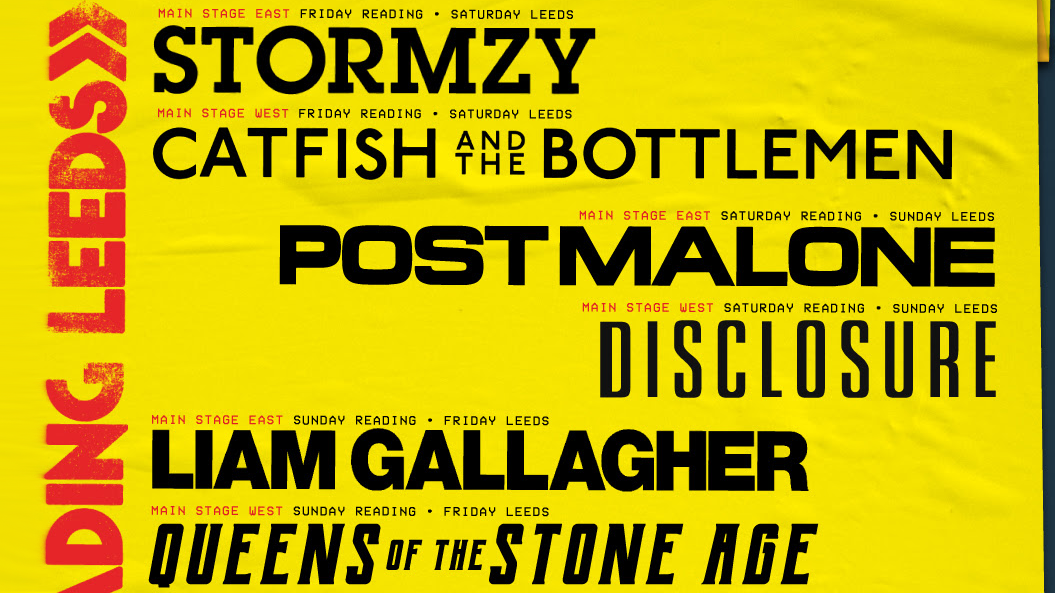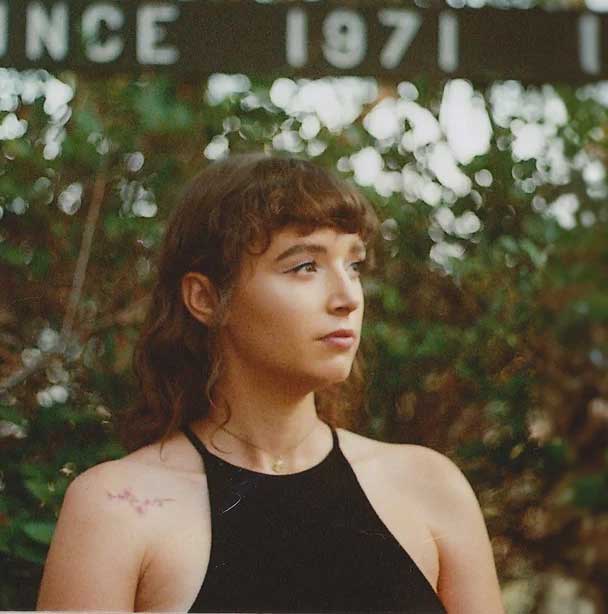Once, on comedian Billy Eichner’s (very good) show Billy On The Street, he shoved his infamous microphone in a woman’s face in New York and asked her: “Miss, for a dollar, name a woman!” It’s uncomfortable and drawn out, and put on the spot on her way home from yoga, the poor, over-stressed woman panics and fails to answer, not even able to muster up a, “me?” It’s funny because it just is, but some of the comedy lies in the fact that it shouldn’t be a difficult question. At all.
Nobody was screaming in the face of the Reading and Leeds organisers while waving a microphone when they came up with the six acts due to be headlining their 2021 festivals, but despite that, it appears they could not name a single woman who might be capable of handling a headline slot. Instead, in doubling the amount of stages and thus the amount of headliners, they just made more room for dudes: Stormzy, Liam Gallagher, Post Malone, Catfish And The Bottlemen, Disclosure and Queens Of The Stone Age.
Stormzy is a good shout. Post Malone will be... interesting. Liam Gallagher is a surefire hit with the ageing indie dads. But could there not be any room for women, even just to make things a little more interesting and future-facing?
To be fair, further down the list on the initial announcements are some women: Mabel, Beabadoobee, Madison Beer, Doja Cat. There will likely be more exciting additions, too, and these are a promising start, bringing genuinely fresh talent to a festival that otherwise might start to feel stale. But the headliners read like a lazy attempt at staying safe: crowd pleasers for fear that shaking it up might put people (men) off.
Organising a festival, especially right now, is hard work. Nobody even knows whether Reading and Leeds will necessarily happen or what it’ll look like when it does. But festival bookers have come under fire for their unrepresentative bills in recent years. In 2018, many UK festivals signed a pledge to commit to a 50:50 gender split by 2022, with Glastonbury, The Great Escape and Lovebox among those taking part. At the time, Festival Republic managing director Melvin Benn, who organises Reading and Leeds, was sceptical: “Is that the right way to go about it – to say it's got to be 50/50? I don't know that it is,” instead launching ReBalance, an initiative that provided women artists with recording time in an effort to create a bigger pool of female acts.
However, female artists are already out there, and who you book says just as much as who you don’t. Making an inclusive environment for women is a necessary and multi-faceted effort that involves more than booking acts, but some of the headliners have been called out for misogyny in recent years. Catfish and the Bottlemen were called out five years ago for gross, explicit signage at their merch stall, while Queens of the Stone Age’s Josh Homme kicked a female photographer in the face in 2017. Having those kinds of acts headline without one single woman allowed to stand alongside them sends a very strong message, intentionally or not, that women are neither prioritised nor valued at your festival.
There are a lot – a lot – of exciting, talented women artists with huge fan bases and recent albums who, depending on their availability, would have been well-suited to headline Reading and Leeds. Phoebe Bridgers, Hayley Williams, Lana Del Rey, Megan Thee Stallion, Charli XCX, or any of the women listed further down the lineup to name a few. Last year, Billie Eilish – undervalued enough to be on for an early slot despite how massive she already was – pulled one of the biggest crowds in R&L history for a non-headliner. Her fanbase and credibility has only grown in the last year, and she’d be the perfect shout to headline.
Logistics are complicated, sure, now more than ever, and it’s tough pulling off a festival while you don’t even know if you’ll have a festival. But there are few excuses left: every year, festivals have been called out for failing to come close to a rough gender split. Reading and Leeds are particularly notorious: only 12% of their bill were women in 2019, and Paramore, who headlined in 2014, remain the only female-fronted band to have ever done so.
With some pointed encouragement and the strong incentive of avoiding becoming irrelevant, some festivals are committing to being better, and it should be easy: there are hundreds of bold, talented women who are more than accomplished enough to headline a festival and put on a real show. Women and girls need to see themselves represented on festival lineups, and more than that, they add so much to the music industry. Anyone who doesn’t catch up and see that will be left behind.

